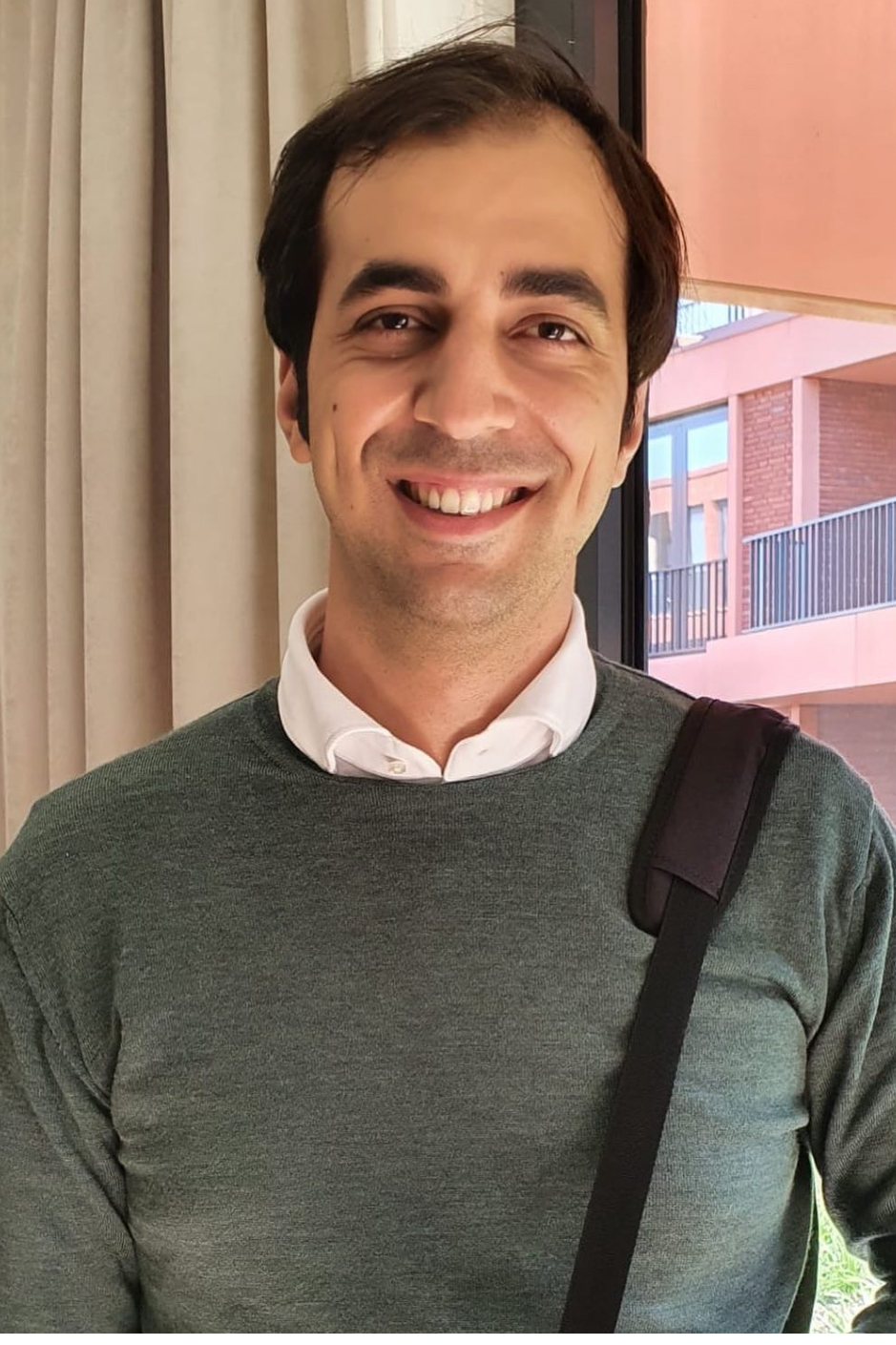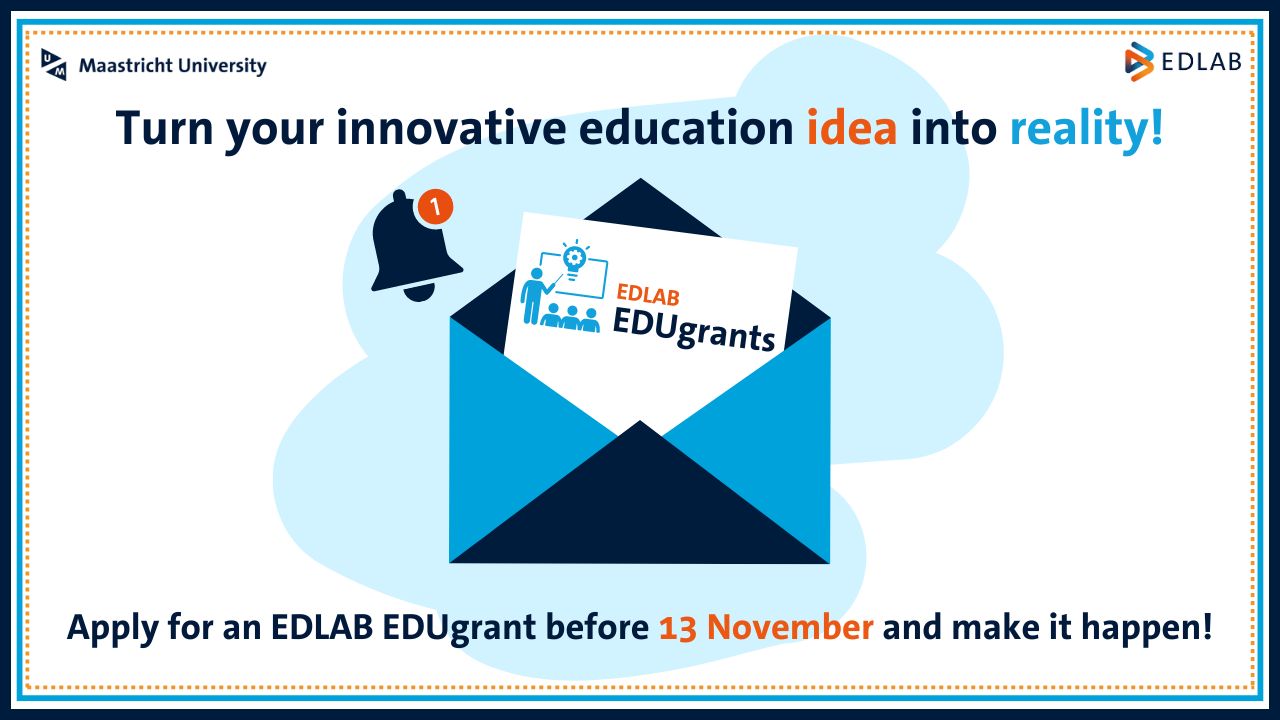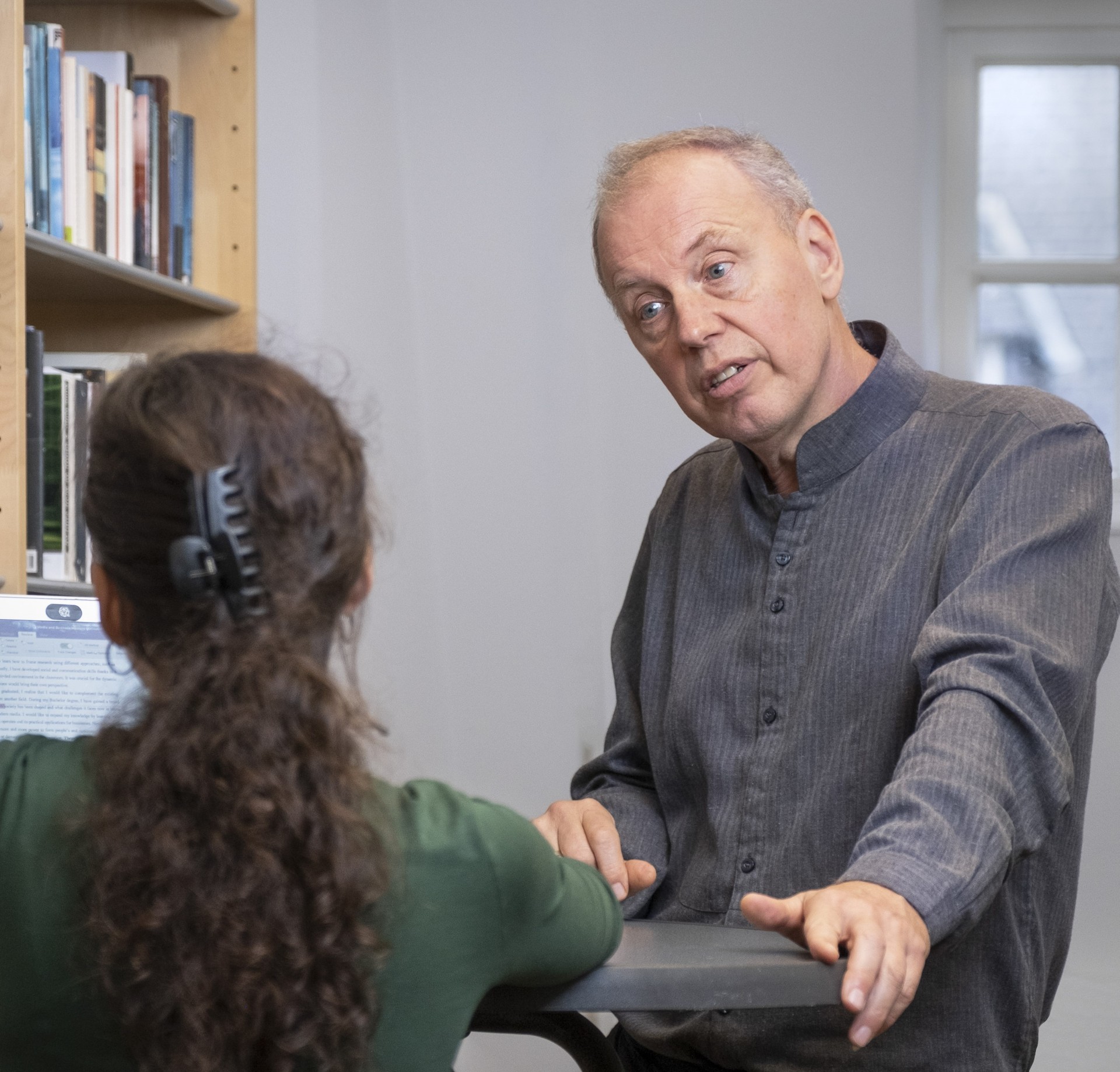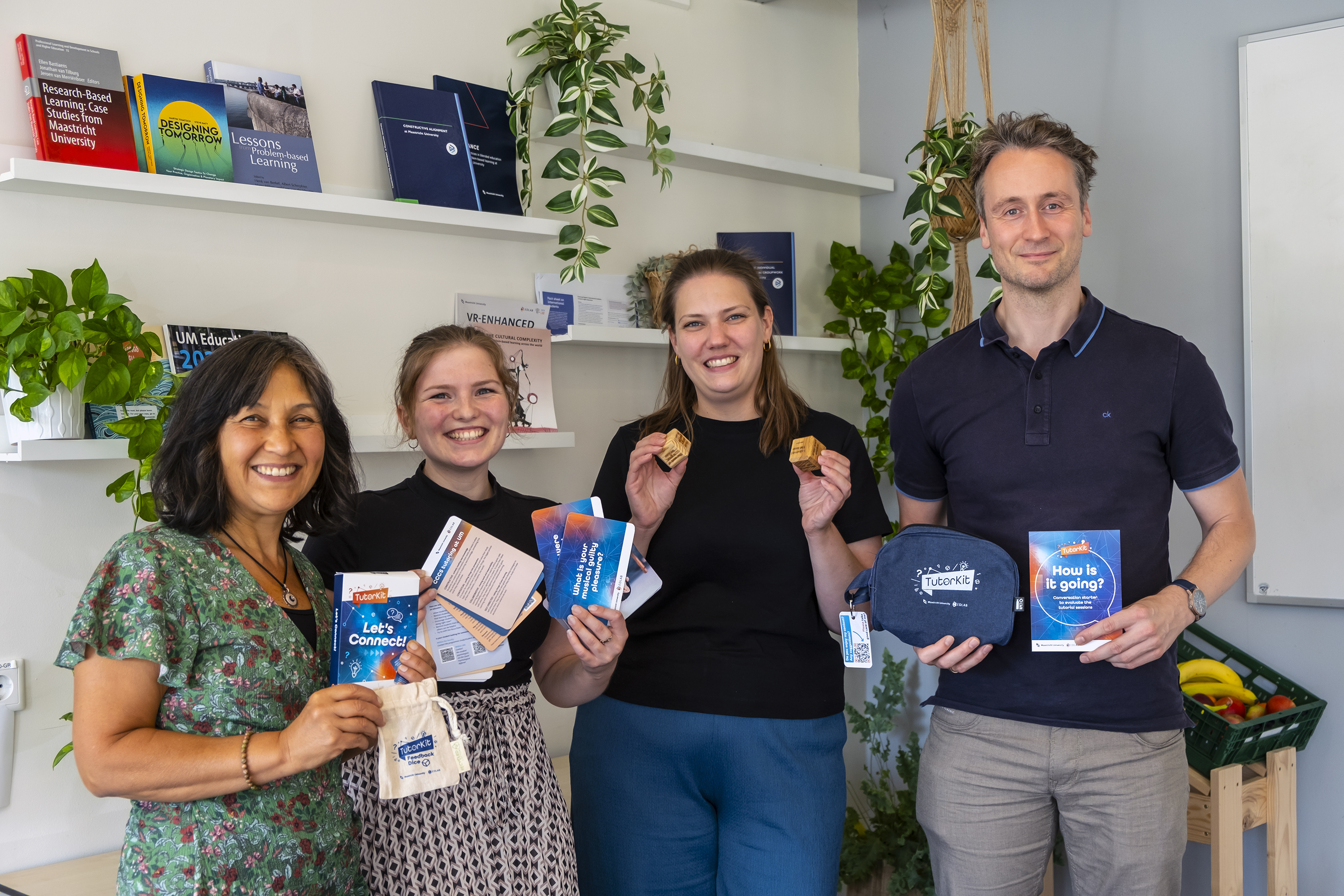How I created Flow, a CCCS-inspired card game
Hüseyin Sakalli, a teacher at FASoS, has developed a new card game designed to support the PBL process. Are you curious? Read his story!
A passion project
Are you a tutor or student finding it challenging to achieve the right flow in Problem-Based Learning (PBL) sessions? When the flow is there, a PBL session practically runs itself—students understand what’s expected and take charge, allowing tutors to focus on content. However, achieving this can be difficult, especially with new courses and diverse groups. This challenge inspired me to create Flow, a card game designed to support the PBL process.
Initially, Flow was based entirely on the seven steps of PBL. After consulting with the EDLAB team, I discovered that the game would be more useful if it were flexible. To help tutors use Flow in situations where the seven steps are not applicable, I’ve revised the game’s structure. It now revolves around 32 stereotypical student roles, inspired by Professor Henk Schmidt’s work at Maastricht University.
These roles are organised into four types of cards: Participation, Effort, Creativity, and Chaos. Each card type highlights behaviours that either support or disrupt the CCCS principles—constructive, contextual, collaborative, and self-directed learning. For instance, the Chaos cards, like “The Destructivist,” challenge students to disrupt the learning process, while Participation cards encourage following these principles.
To use Flow in your sessions, tutors can simply distribute the cards to students at the start and observe how the session unfolds. The deck includes instructions for the chair and reflection cards for post-session discussion. The goal is to provide students with engaging challenges and learning opportunities in every class.
Workshop invitation
If you’re interested in seeing how this card game can work in your PBL sessions, you’re warmly invited to join Hüseyin's upcoming CPD workshop on 2 October 2024, 9:00-11:00.

Hüseyin Sakalli (FASoS)
Also read
-
EDLAB invites Maastricht University teaching staff to apply for an EDLAB education innovation grant à €5,000,-. The application deadline is Monday 13 November 2023, 12:00 CET.
-
In this article, John Harbord, writing advisor at the Faculty of Arts and Social Sciences (FASoS), looks at the patterns of Grammarly use and the writing challenges students face. He also explores the impact of relying on automated tools for developing academic writing skills.
-
EDLAB has developed the UM TutorKit to provide quick and easy tools for common challenges in Problem-Based Learning (PBL) classrooms. From September 2024, this new toolkit, which supports group dynamics, feedback, and evaluation processes, will be available to all UM teachers across faculties.


